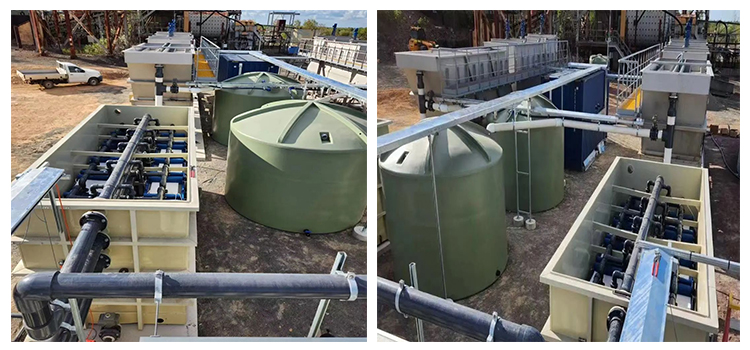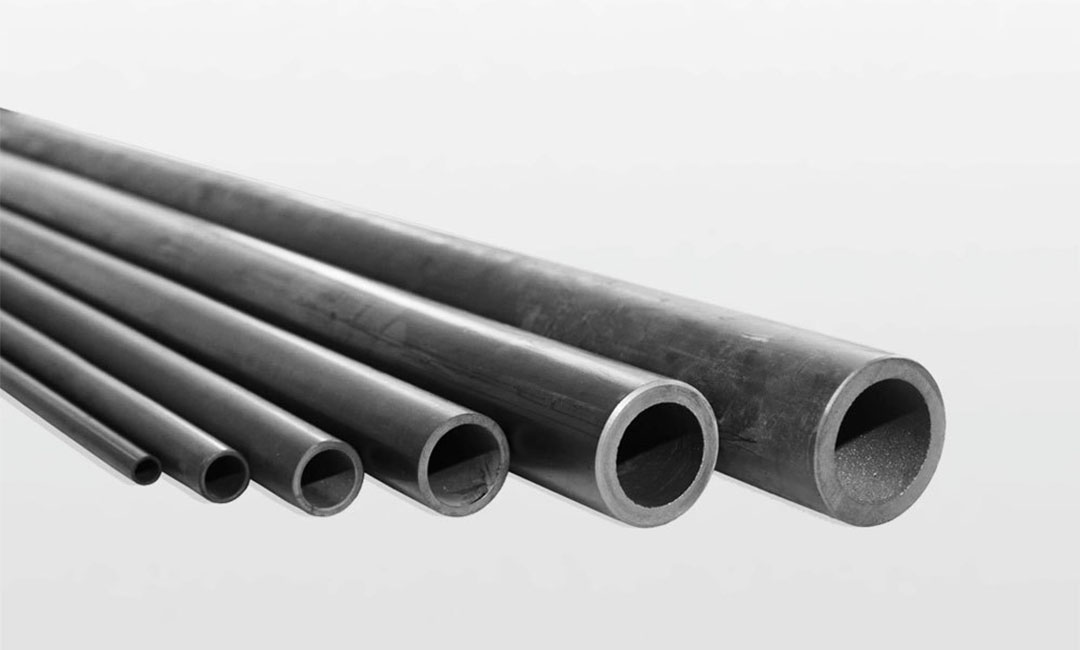Benefits of Using SiC Membranes in Industrial Filtration
Industrial filtration is a critical process in many industries, from water treatment to pharmaceutical manufacturing. The efficiency and effectiveness of filtration systems can have a significant impact on the quality of the final product, as well as on the overall cost and environmental impact of the manufacturing process. In recent years, there has been a growing interest in the use of silicon carbide (SiC) membranes for industrial filtration, due to their superior performance and energy efficiency.
One of the key benefits of using SiC membranes in industrial filtration is their high permeability. SiC membranes have a unique pore structure that allows for high flow rates and efficient filtration of even the smallest particles. This high permeability not only improves the overall efficiency of the filtration process but also reduces the energy consumption required to maintain the flow rate. This can result in significant cost savings for industrial operations, as well as a reduced environmental impact.
In addition to their high permeability, SiC membranes are also highly durable and resistant to fouling. Traditional filtration membranes are often prone to fouling, which can reduce their effectiveness and require frequent cleaning or replacement. SiC membranes, on the other hand, are more resistant to fouling due to their unique surface properties. This means that they can maintain their performance over a longer period of time, reducing maintenance costs and downtime for industrial operations.
Another benefit of using SiC membranes in industrial filtration is their compatibility with a wide range of chemicals and operating conditions. SiC membranes are chemically inert and can withstand high temperatures and pressures, making them suitable for use in a variety of industrial processes. This versatility allows for greater flexibility in the design and operation of filtration systems, as well as improved performance in challenging environments.
Furthermore, SiC membranes are also more environmentally friendly than traditional filtration materials. The energy efficiency of SiC membranes means that less energy is required to maintain the flow rate, reducing the carbon footprint of industrial operations. Additionally, the durability and resistance to fouling of SiC membranes mean that they have a longer lifespan than traditional membranes, reducing the amount of waste generated by filtration systems.
Overall, the use of SiC membranes in industrial filtration offers a range of benefits, from improved efficiency and cost savings to reduced environmental impact. Their high permeability, durability, and compatibility with a wide range of operating conditions make them an attractive option for industries looking to optimize their filtration processes. As technology continues to advance, SiC membranes are likely to play an increasingly important role in transforming industrial filtration and driving sustainable practices in manufacturing.
Case Studies of Successful Implementation of SiC Membranes
Silicon carbide (SiC) membranes have been gaining popularity in the industrial filtration sector due to their high energy efficiency and durability. These membranes are revolutionizing the way industries filter liquids and gases, providing a more sustainable and cost-effective solution compared to traditional filtration methods. In this article, we will explore some case studies of successful implementation of SiC membranes in various industries.
One of the key advantages of SiC membranes is their high energy efficiency. These membranes have a high permeability and selectivity, allowing for the efficient separation of particles and contaminants from liquids and gases. This results in lower energy consumption and operating costs, making SiC membranes a more sustainable option for industrial filtration.
In a case study conducted in a wastewater treatment plant, SiC membranes were installed to filter out contaminants from the wastewater before it is discharged into the environment. The SiC membranes were able to remove a high percentage of pollutants, resulting in cleaner water being released back into the environment. This not only helped the plant meet regulatory standards but also reduced the energy consumption of the filtration process, leading to cost savings for the plant.
Another successful implementation of SiC membranes can be seen in the pharmaceutical industry. In a pharmaceutical manufacturing plant, SiC membranes were used to filter out impurities from the process water used in drug production. The high efficiency of the SiC membranes allowed for the removal of even the smallest particles, ensuring the purity of the water used in the manufacturing process. This not only improved the quality of the drugs produced but also reduced the energy consumption of the filtration process, leading to cost savings for the plant.
SiC membranes have also been successfully implemented in the food and beverage industry. In a case study conducted in a beverage manufacturing plant, SiC membranes were used to filter out impurities from the water used in the production of beverages. The high permeability and selectivity of the SiC membranes allowed for the removal of contaminants such as bacteria and viruses, ensuring the safety and quality of the beverages produced. This not only improved the overall quality of the products but also reduced the energy consumption of the filtration process, leading to cost savings for the plant.
Overall, SiC membranes are transforming industrial filtration by providing a more energy-efficient and sustainable solution for separating particles and contaminants from liquids and gases. The successful implementation of SiC membranes in various industries has shown the benefits of using these membranes, including lower energy consumption, improved product quality, and cost savings. As more industries adopt SiC membranes for their filtration needs, we can expect to see a shift towards more sustainable and efficient filtration processes in the future.
Future Trends and Innovations in Energy-Efficient SiC Membranes
In recent years, there has been a growing emphasis on sustainability and energy efficiency in various industries. One area where significant advancements have been made is in industrial filtration, where the use of Silicon Carbide (SiC) membranes has been transforming the way companies filter liquids and gases. SiC membranes are known for their high strength, chemical resistance, and thermal stability, making them ideal for a wide range of industrial applications.
One of the key benefits of SiC membranes is their energy efficiency. Traditional filtration methods often require a significant amount of energy to operate, leading to high operating costs and environmental impact. SiC membranes, on the other hand, offer a more sustainable solution by requiring less energy to achieve the same level of filtration. This is due to the unique properties of SiC, which allow for more efficient separation of particles and contaminants from liquids and gases.
Another advantage of SiC membranes is their durability. Unlike traditional filtration materials, such as polymeric membranes, SiC membranes are highly resistant to harsh chemicals and extreme temperatures. This means that they can be used in a wide range of industrial processes without the risk of degradation or failure. This durability not only reduces maintenance costs but also extends the lifespan of the membranes, making them a cost-effective long-term solution for industrial filtration needs.
In addition to their energy efficiency and durability, SiC membranes also offer superior performance in terms of filtration efficiency. The unique structure of SiC membranes allows for precise control over pore size and distribution, resulting in more effective separation of particles and contaminants. This means that companies can achieve higher levels of purity and quality in their products, leading to improved overall process efficiency and product quality.

Furthermore, SiC membranes are also highly versatile and can be customized to meet the specific needs of different industries. Whether it’s filtering water for drinking or industrial processes, separating gases for purification, or removing contaminants from chemicals, SiC membranes can be tailored to deliver optimal performance in a wide range of applications. This flexibility makes SiC membranes a valuable tool for companies looking to improve their filtration processes and achieve higher levels of efficiency and sustainability.
As the demand for energy-efficient and sustainable filtration solutions continues to grow, SiC membranes are poised to play a key role in transforming industrial filtration practices. Their unique combination of energy efficiency, durability, performance, and versatility make them an attractive option for companies looking to improve their environmental footprint and reduce operating costs. By investing in SiC membranes, companies can not only achieve higher levels of filtration efficiency but also contribute to a more sustainable future for the industry as a whole.

In conclusion, the use of energy-efficient SiC membranes is revolutionizing industrial filtration by offering a more sustainable and cost-effective solution for companies across various industries. With their unique properties and superior performance, SiC membranes are helping companies achieve higher levels of efficiency, quality, and sustainability in their filtration processes. As the industry continues to evolve, SiC membranes are expected to play a key role in driving innovation and shaping the future of industrial filtration.

